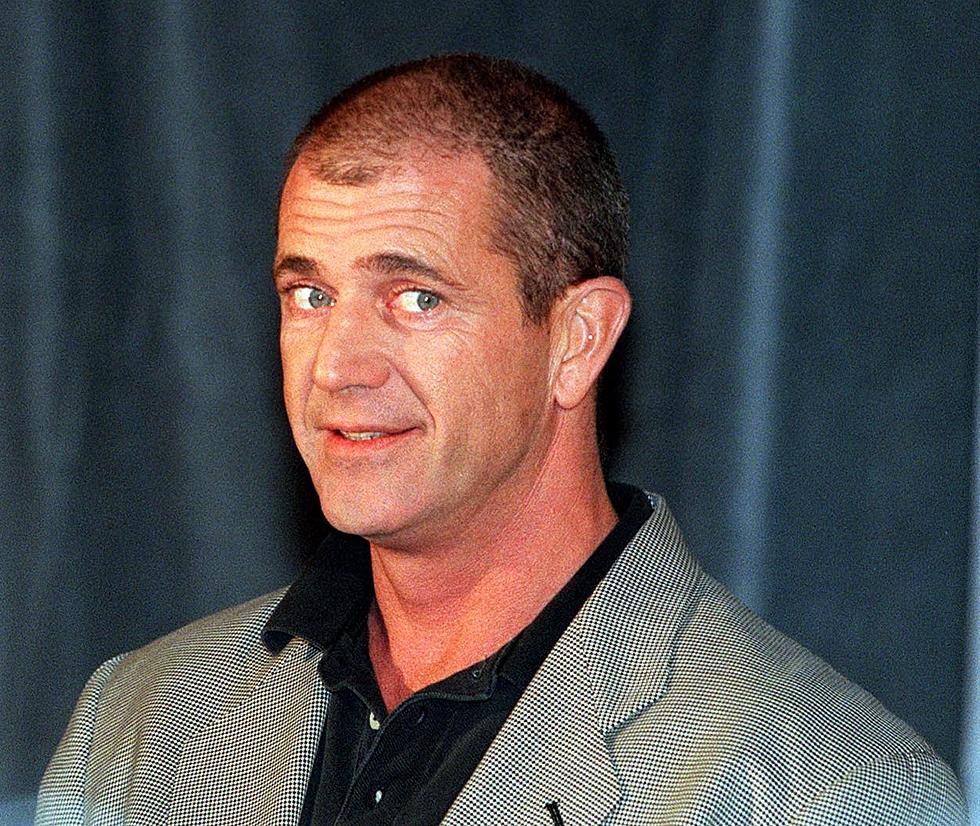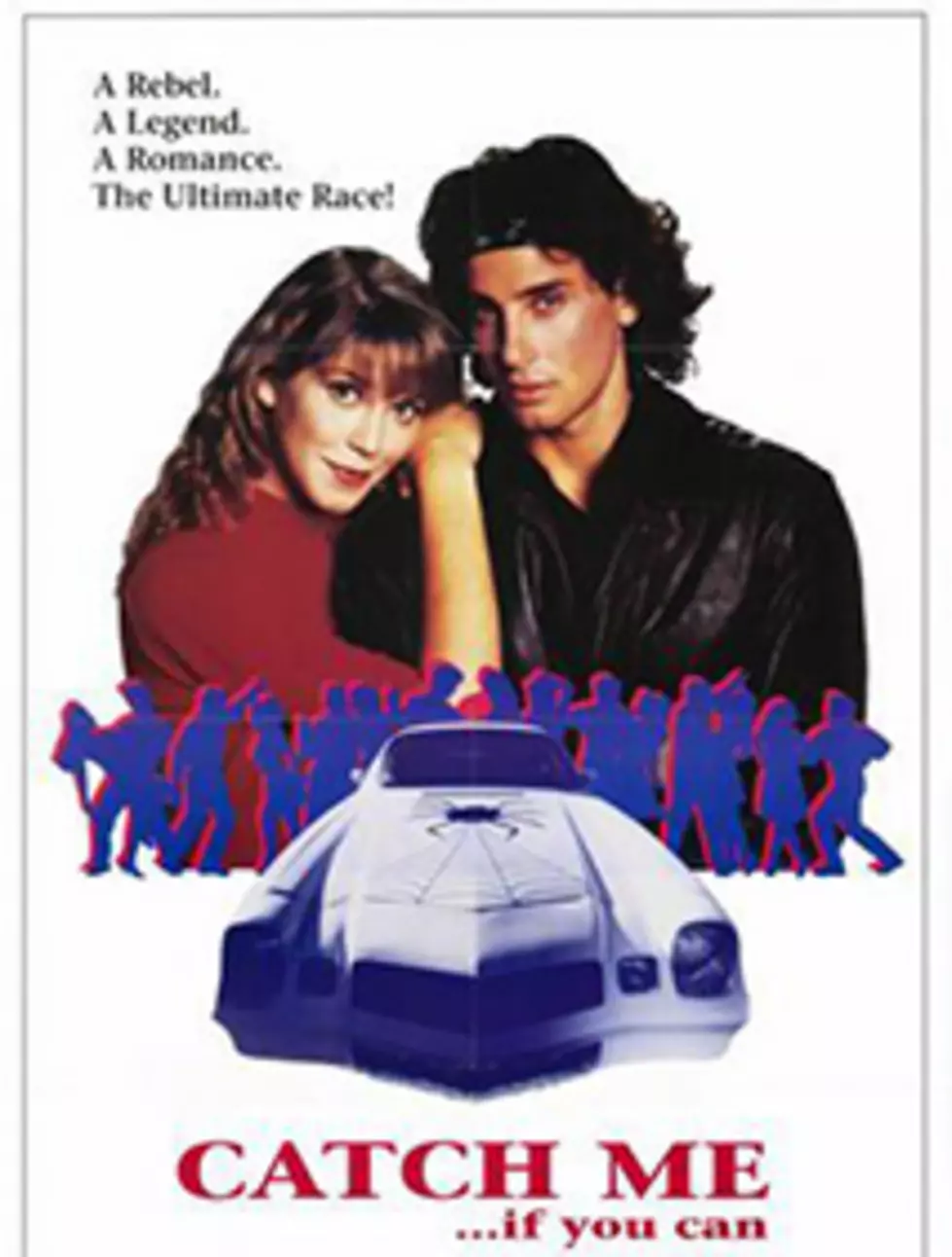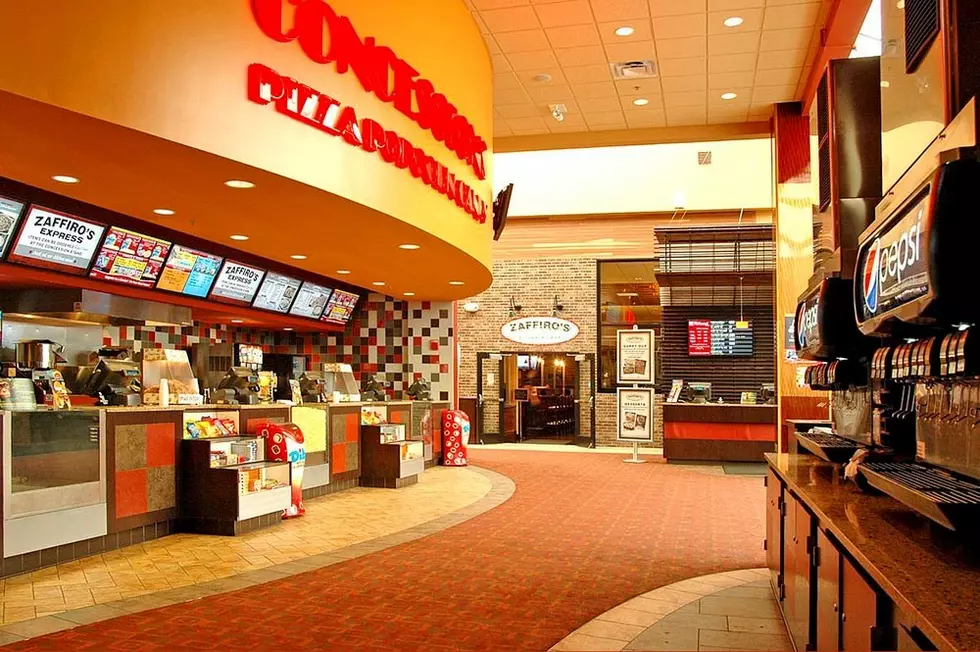
‘Rise Of The Planet Of The Apes’ Review
Again and again, as I sat in the theatre at Parkwood 18 on Friday night, I kept leaning over to my date and listing comparisons one after the other.
"It's like E.T.!"
"It's just like Shawshank Redemption!"
"It's The Great Escape!"
"Now it's Braveheart!"
It takes alot to make an old film-warhorse like yours truly rock in his seat, gasp, cheer and shiver during a screening.
But in this case, it would merely take one spoken, mono-syllabic line to send a chill down my spine and reach for my dates hand.
"NO!"
It hasn't been the best summer movie season ever but it's been far from the worst (though Green Lantern did bring the bar way, way down).
X-Men: First Class was spectacular. Super 8 had amazing acting by it's young stars but I thought was ultimately a letdown.
I really, really liked Thor. I enjoyed alot of Captain America. I didn't see Transformers and wouldn't see Harry Potter.
But with that, as we get late into this movie season, we get rewarded with the best film of the summer - if not the year - a riveting, exciting, funny, scary and sad thrill ride.
Rise of the Planet of The Apes is not perfect: there are some noticeable plot holes and at times the director and producers seemed to lean a bit too much on the notion that the apes are the real stars and their human co-stars are just filler.
But the effects are mind blowingly convincing, the way the narrative is laid out for minutes at a time without a single word of dialogue is impressive and the way it all ties up at the end sets for an even bigger stage.
And no, you don't need to at all know the background of 1968's Apes. In fact it may even better if you don't and are starting this journey fresh.
The story centers around a San Francisco based scientist played by James Franco who works for a large pharmaceutical company. He and his team are in a focused, fervent race to complete and approve a revolutionary new drug that can bolster the brain's power to the point it repairs itself when it begins to degenerate.
Yes, the cure for alzheimers.
But of course the drug must first be relentlessly tested on our hairier brothers from the jungle.
One kidnapped female chimpanzee reacts wonderfully to the drug, completing puzzles and sign language and other cognitive challenges. Believing the drug is ready for board approval, Franco's scientist arranges for a huge presentation, complete with a song-and-dance show by the chimp.
But before that can happen, the primate suddenly and inexplicably goes bananas (leave me alone) and is killed by company security. Believing that the animal's erratic behaviour was caused by the experimental drug, the board votes to shut down its production.
All the apes are ordered to be destroyed but before that it is discovered what caused the chimp to become so violent: she had just given birth in her small pod and was protecting her baby.
Franco's character adopts the infant chimp and takes it home: it's here where the story truly begins. We learn that the Franco character's father - a superb John Lithgow - was once a splendid music professor but is now ravaged by alzheimer's, hence his son's desperation in concocting a cure.
The men adopt the chimp, name him Ceasar and quickly realize his mother's heightened intelligence has been passed onto him.
We watch Caesar (played brilliantly in a stop-motion capturing performance by the great Andy Serkis) grow from a playful, joyful toddler into a more sullen, inquistive teenager. It's at that point we learn that regardless of infused genetics, a wild animal is still a wild animal and Ceasar viciously attacks a neighbour he belives to be endagering Lithgow.
Caesar is placed in a brutal preserve for apes and here the film goes into "Shawshank" mode as he slowly learns the deplorable rules and regulations of prison life.
It's during his horrifc "stint" that the chimp slowly comes to realize that humans, perhaps even those who loved and raised him, aren't all they're cracked up to be, and maybe it's time someone - someape - does something about it.
This second act of the film is the most impressive as Caesar slowly learns to interact with the other apes, then eventually earns their trust and respect and then finally organizes them and becomes their general.
And yes, I mentioned Shawshank Redemption: it's as good as any prison drama you'll see.
The last act deals with the apes revenge against their tormentors, escape into San Francisco and breathtaking battle with authortites on the Golden Gate bridge (it's there we switch to Braveheart mode: there's a terrific scene where Caesar, his army to the rear, slowly raises his paw, summoning his troops to momentarily stand down).
Much is being made of Serkis' nuanced performace as Caesar and it will definitely fuel the question if an actor in a stop-motion, computer generated performace should be Oscar worthy (he received the same attention as "Gollum" in the Lord of the Rings series).
And again the human performances are unsteady: Franco is earnest and solid, Lithgow is great but mostly wasted is Freida Pinto who intially plays Ceasar's veteranarian and eventually becomes Franco's love interest.
She seems to be leading up to become the Jeff Goldblum/moral conscience part in Jurassic Park ("your scientists got so caught up in whether or not they could they didn't stop to think if they should") but it ends up going nowhere.
Again, it takes a great deal of skill, storytelling and creativity to get me jarred and on the edge of my seat, but the tense build up, the eventual sympathies if not downright cheering for the apes and the explosive escape and ensuing battle had me in the palms of their paws.
Incredible.
Rise of the Planet of the Apes is currently showing at Parkwood 18.
More From 103.7 The Loon


![[OPINION] A Tale of 3 Grinches and Why One is Absolute Trash](http://townsquare.media/site/66/files/2023/12/attachment-geoffrey-moffett-fZNmzDsm1o4-unsplash.jpg?w=980&q=75)






